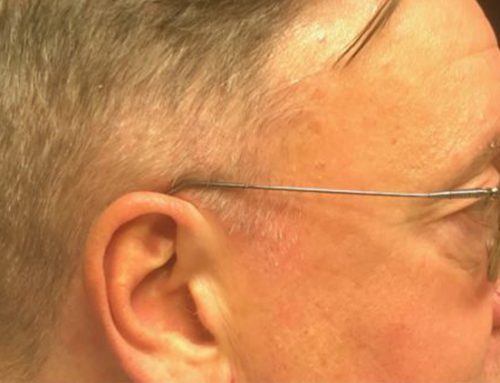Have you ever found out a friend was having surgery, only to have them reassure you that “It’s outpatient surgery so it’s not that serious.”?
While it’s true that surgeries at outpatient facilities generally carry less risk than those that require an overnight stay at the hospital, the idea that it isn’t that serious is faulty. The reality is that all surgery presents certain risks, which is why barbers no longer remove a ruptured appendix, but board-certified surgeons do. We expect a certain level of training and a promise that certain standards of surgical care will be followed.
But surgeons only control a certain amount of the risk. Much of the risk attached to surgery is a determined by how the facility that hosts the surgery is run. What licensing is the staff required to have? What procedures for preventing infection are followed? How is hazardous waste handled? The answers to these questions can raise or lower the risk of surgery, even one performed by the most skilled of surgeons.
What is Accreditation?
Those are important questions, but how is the typical patient supposed to know about all these things when scheduling a surgery?
This is where surgical facility accreditation comes in. Reputable ambulatory surgery centers (aka, outpatient surgery centers or same day surgery centers) adhere to certain minimum standards for personnel, equipment, operating room procedures, and surgeon credentials. Independent agencies then certify that they do indeed meet these standards and accredit the facility.
In short, the independent accrediting agencies do the legwork for you, making sure the facility operates in a safe manner. Accredited outpatient surgery facilities have very low complication rates among their patients and provide a significant cost savings over hospital surgery.
How Does Surgical Facility Accreditation Influence Where Plastic Surgeons Operate?
Remember that the starting point for finding a good plastic surgeon is The American Society of Plastic Surgeons (ASPS). This organization has very specific requirements for their member surgeons.
One important requirement is that their members only perform outpatient procedures in accredited facilities (unless the procedure needs only mild local anesthesia). So if your surgeon wants to perform your surgery at a non-accredited facility, this should ring two warning bells – not only do you have no way to know if the facility meets minimum standards, you know the surgeon is not adhering to ASPS guidelines.
In short: If your surgeon wants to perform your surgery at a non-accredited facility, find a different surgeon.
Who Accredits Outpatient Facilities
A number of organizations accredit outpatient surgery centers, but only a handful meet the standards set by the ASPS. ASPS recognizes accreditation by:
- The American Association for Accreditation of Ambulatory Surgery Facilities (AAAASF)
- The Accreditation Association for Ambulatory Health Care (AAAHC)
- The Joint Commission on Accreditation of Health Care Organizations
In addition, the following designations are sufficient for a facility to meet ASPS standards.
- Certified to participate in the Medicare program under title XVIII
- Licensed by the state in which the facility operates.
Dr. Slack, a board-certified plastic surgeon and member of ASPS, performs his outpatient procedures at McKinney’s Texas Health Surgery Center at Craig Ranch, which is accredited by the Joint Commission on Accreditation of Health Care Organizations. These choices reflect Dr. Slack’s philosophy that all surgery is serious and requires the highest standard of care. If you have questions about plastic surgery, it’s safety, and what’s right for you, Dr. Slack would like to meet you. He will help you find a solution that is both appropriate for your goals, and provided in the safest manner possible.





